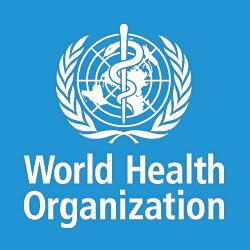06.10.2020
Primary health care and the climate crisis
WHO Bulletin Used in item listings and search results.
"The health community recognizes the climate crisis as an existential threat to humanity and human health,1 requiring immediate and effective action across all sectors. However, global-level policy guidance reveals a disconnect between primary health care and climate; most political declarations, reports and resolutions for primary health care make only cursory references to the climate crisis, mentioning its implications for health but not linking them. Given that primary health care should be the entry point for the population’s interaction with the health system, it is alarming that ongoing efforts to revitalize primary health care fail to adequately consider climate action, both in terms of mitigation and adaptation. In this paper, we examine this disconnect, elaborate on its implications and offer recommendations for policy-makers to ensure an effective primary health care–climate crisis nexus." (Photo by Li-An Lim on Unsplash)
Weiterlesen
 Avenue Appia 20
Avenue Appia 20